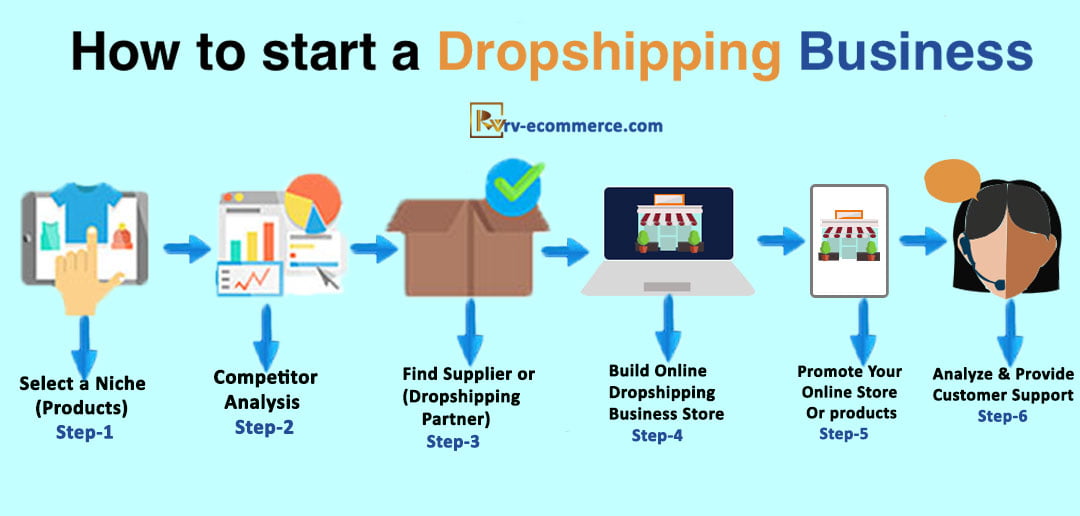With the increase of technology, the retail landscape is moving from physical shops to online platforms. While the term "ecommerce" is frequently utilized, it's essential to think about the full scope of its meaning and implications.
We should examine and examine this vast and ever-changing universe.
Exactly What Is Ecommerce Business?
In basic terms, ecommerce, likewise referred to as electronic commerce, is the act of buying and selling products or services through the web. It likewise includes the exchange of funds and information to finish these deals.
E-commerce encompasses not only the online sale of tangible items however likewise any service transaction that leverages the web to exchange products, services, or info.
Various Ecommerce Models Explored
Nearly every transaction in between consumers and companies can be classified into one of 4 primary ecommerce models. These models are:
B2C, or Business to Consumer, is the most familiar kind of ecommerce where customers can directly purchase products from services. On the other hand, B2B, or Business to Business, ecommerce includes organizations selling goods or services to other businesses. C2C, or Consumer to Consumer, refers to the act of individuals offering products on online platforms like eBay or Etsy. Look at more info but not least, C2B, or Consumer to Business, turns the traditional ecommerce design by enabling individuals to use product or services to business, similar to publishing a task on UpWork.
Ecommerce - A Skyrocketing Trend
The rapid development of ecommerce worldwide over the previous few years is apparent in the incredible data. Continue reading at the numbers exposes that countless individuals are turning to online shopping. According to https://pin.it/1bza6QKbr , the around the world ecommerce sales are forecasted to reach a massive $4.9 trillion by 2021. This surge in popularity can be attributed to the ease and benefit that ecommerce provides in our fast-paced lives.
The Advantages of Ecommerce
Ecommerce provides various advantages over standard retail. Here are a couple of notable ones:
Ecommerce offers customers with the luxury of shopping from any location at any time, removing the restraints of traditional retail hours and physical shop locations. This flexibility is a substantial benefit for consumers who can now search and acquire products according to their own schedule. Additionally, ecommerce shops have the capability to provide an extensive series of items, exceeding the limitations of physical shops. Customers can likewise quickly compare prices and check out evaluations from numerous online merchants, making educated buying choices.
Regardless of its numerous benefits, ecommerce is not without its challenges. A few of the most typical challenges consist of:
Trust concerns: Since consumers can't physically see or touch the item, they typically are reluctant to buy online.
Shipping and return concerns: Delays in shipping or a complex return process can deter clients.
Security issues: Issues associated with online deal security also pose significant obstacles.
Conclusion

The way we go shopping has actually been transformed by ecommerce. Many individuals prefer it because of its convenience, large selection of products, and the ease of comparing costs. Nevertheless, like any other company design, ecommerce does face obstacles. However, with improvements in innovation and better security measures, ecommerce will continue to expand and alter, using an amazing future for online shopping.

As we continue to accept innovation in our lives, there's no doubt that ecommerce will become an increasingly integral part of our shopping practices. So whether you're a company owner seeking to endeavor into ecommerce or a consumer wishing to comprehend more about it, it's vital to stay up to date with the patterns and modifications in this rapidly growing field.
